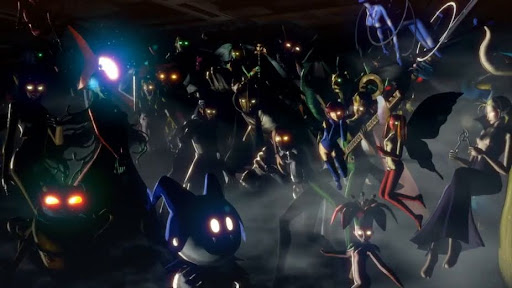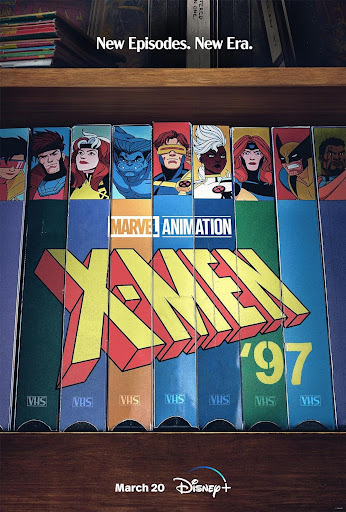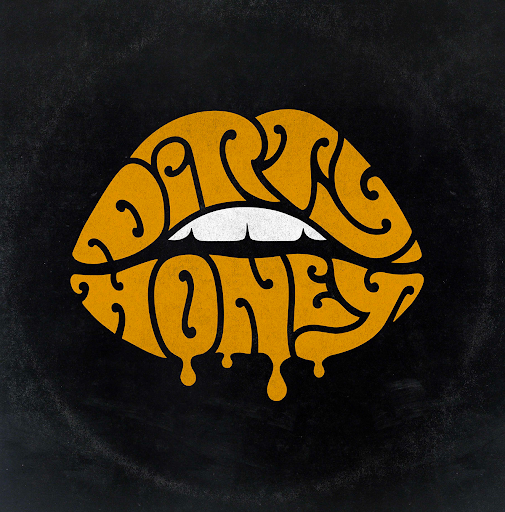Best Beats: A Comenian Playlist
“Anything For You” Ludo (2010)
You know that person who always has the craziest stories? “Anything For You” by alternative rock band Ludo is about an extreme version of this person.
Off the album Prepare the Preparations, the song describes the singer’s experiences with polar bears, witches, leprechauns, and giant squids. Ludo has often been noted for their story-driven songs, and “Anything For You” is no exception.
The song’s ultimate message is seen when the singer says, “The best story that I could ever tell is the one where I am growing old with you.” The instrumentation is simple, allowing the listener to really focus on the lyrics.
“Anything For You” is a sweet song about loving someone so much that your wildest experiences can’t compare to being with them.
-Kayleigh Ficarra
“Caribou” Pixies (1987)
The Pixies are a well-known band from the early days of alternative music. Their output in the late 1980s and early 1990s inspired many alternative bands that broke through to the mainstream. The alternating between loud and soft dynamics and the abstract lyrics in their songs soon became a common trope in alternative music. Kurt Cobain cited their debut album, “Surfer Rosa,” as an inspiration for Nirvana’s “Nevermind” and the song “Smells Like Teen Spirit.”
The Pixies never gained huge mainstream popularity, though. The most exposure they got probably came from the use of “Where Is My Mind” on the soundtrack to 1999’s “Fight Club.”
All of the tropes that Pixies are known for started with their debut mini-LP, “Come On Pilgrim.” One song, “Caribou,” seems to perfectly capture everything that the Pixies embody.
“Caribou” begins with Joey Santiago’s jangly guitars. Vocalist Black Francis comes in with an airy, quiet vocal after the song starts its lilting tempo. If you’re new to the band, you might mistake his voice for a woman’s.
After some repetitions of the word “caribou,” Francis yells the word “repent” rougher and louder, to contrast with the softer dynamics of the verses.
What do the lyrics mean, though? In an interview with NME, Francis reveals that he doesn’t remember writing the song, saying “it’s an abstract song, but I would say that the abstraction of it is related to reincarnation…Native American animism or whatever.”
The narrator’s resentment of “this human form” supports Francis’ interpretation. Perhaps the narrator wants to “repent” and become a caribou. Later lines where the narrator asks for “white/ ground to run” implies that as a caribou, he could run free through the snow without the restrictions of human life.
References to a knife and the narrator’s getting “what I like” seem to introduce another common trope of Pixies lyrics: self-mutilation and suicide. That could be the only way that the narrator becomes a caribou.
Of course, you don’t have to think about all that while listening to the song. Without the potential hidden meaning, “Caribou” still holds up as a solid song. It’s a great starting point for getting into a band that is commonly credited with influencing the alternative rock explosion of the 1990s.
– Nathaniel Rhoads
“After Laughter” Paramore (2017)
“After Laughter” is the fifth studio album from the Nashville-raised rock band Paramore. The band was formed back in 2004, with members Hayley Williams, Zac Farro, and Taylor York. After releasing their self-titled album in 2013, the band took a break from making music. Fans began to wonder if they were ever coming back to the music scene, especially after Jeremy Davis, the main bassist, and drummer Zac Farro quit the band in 2015 and 2010 respectively(Farro returning in 2017).
Two years later, after the release of their self-titled album, the band released “After Laughter,” stating that it would have a more pop and synth sound to it, rather than the rock that fans were used to. This album displays raw emotion that you can feel through each track. Each track is a different sound, reflecting the emotions that they are trying to convey Some have a upbeat synth noise (“Hard Times,” “Rose-Colored Boy,” “Fake Happy,” “Pool,” “Caught in the Middle,” and “Grudges,”), while others have a slow and melancholy sound (“Forgiveness,” “26,” and “Tell Me How”).
Other songs, like “No Friend” and “Idle Worship,” take on a completely new sound, coming together as a cluster of instruments and chords that may seem senseless but deliver a meaningful message.
My favorite song is “Rose-Colored Boy,” because it talks about how people should have the right to be angry about a situation, even when others say they shouldn’t. “Rose-Colored Boy” is the third single that the band released a few months after the album came out as a radio single. This song is upbeat, even though it evokes cynicism and anger. “Rose-Colored Boy” is a good song to listen to when you are angry and want to feel better.
-Olivia Killian














